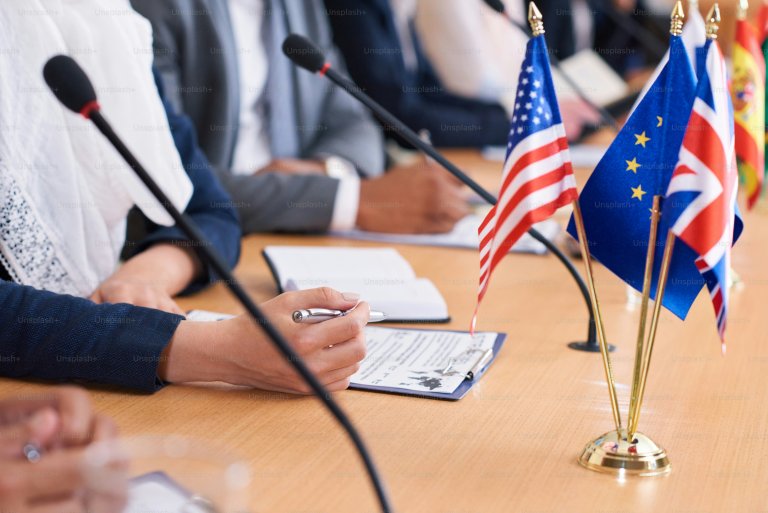The Role of Digital Marketing in the Upcoming Indian Elections
The Indian political landscape has seen a significant shift in recent times with the rise of social media and the widespread use of digital platforms. This transformation has had a major impact on the traditional campaigning methods of political parties, giving rise to a new era of digital marketing in the context of elections. With the upcoming Indian elections being a crucial and highly contested event, it is important to understand the role of digital marketing in shaping the outcome of the polls.
Reaching Out to the Masses
In a country as vast and diverse as India, reaching out to a large number of people in a short duration is a major challenge for political parties. This is where digital marketing plays a crucial role. With social media platforms like Facebook and Twitter having a huge user base in India, political parties are leveraging these platforms to reach out to a larger audience. Through targeted ads and sponsored content, they can connect with people in specific demographics and regions, making the campaign more focused and effective.
Digital marketing also allows political parties to engage with voters directly through live streams, webinars, and online discussions. This creates a more intimate and interactive setting, giving the voters a platform to voice their opinions and concerns. Through these online interactions, political parties can gauge the pulse of the nation and fine-tune their strategies accordingly.
Cost-effective Campaigning
Traditional campaign methods like rallies, advertisements, and door-to-door campaigning involve significant costs, making it difficult for smaller parties and independent candidates to compete with larger and more established parties. However, digital marketing provides a cost-effective alternative to these traditional methods, making it more accessible for smaller parties and independent candidates to reach out to the masses.
With the use of social media influencers and micro-influencers, political parties can also save on advertising costs and reach a wider audience. These influencers have a strong impact on their followers, making it a powerful tool for political parties to sway public opinion and garner support.
Real-time Feedback and Analysis
The use of digital marketing in elections also provides the unique advantage of real-time feedback and analysis. Through social media monitoring tools and analytics, political parties can track and analyze the response to their campaigns in real-time. This provides them with valuable insights into the effectiveness of their strategies and allows them to make data-driven decisions to course correct if needed.
Digital marketing also enables political parties to conduct polls and surveys to gather public opinion on key issues and candidates. This information can be used to shape their campaign messages and strategies to align with the interests and concerns of the voters.
Influencing Voter Behavior
The use of digital marketing techniques like targeted advertising and social media influence has the potential to significantly influence voter behavior. With the increased popularity of fake news and misinformation, political parties can use targeted ads and sponsored content to sway public opinion in their favor. This makes it crucial for social media platforms to have a mechanism in place to fact-check ads and prevent the spread of misinformation.
Moreover, the use of targeted messaging and personalized content can create a sense of emotional connection with voters, influencing their decision at the polls. This makes it important for political parties to use digital marketing ethically and responsibly, without resorting to manipulative tactics.
Challenges and Concerns
While digital marketing has emerged as a powerful tool in the political landscape, it also comes with its own set of challenges and concerns. The widespread use of social media bots and fake accounts to propagate propaganda is a major concern. This can lead to the spread of false information and biased opinions, potentially manipulating the outcome of the elections.
There are also concerns about the privacy and security of user data, with political parties having access to personal information through targeted ads. This raises questions about the ethical use of personal data for political gain.
Conclusion
The role of digital marketing in the upcoming Indian elections cannot be ignored. It has the potential to amplify a party’s reach, influence voter behavior, and provide real-time insights. However, it is imperative for political parties to use digital marketing ethically and responsibly, taking into consideration the concerns of privacy and security. As technology continues to evolve, the impact of digital marketing in elections is likely to increase, making it an integral part of the democratic process.



